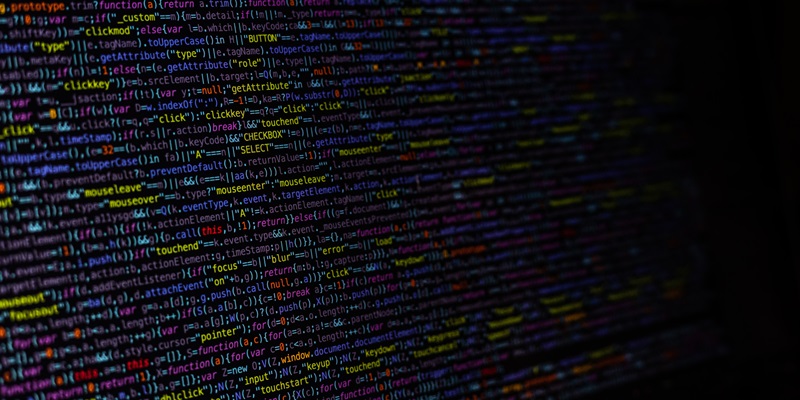MLOps is a rapidly evolving discipline that focuses on the efficient deployment, management, and governance of machine learning (ML) models in production environments. With the increasing reliance on ML models, traditional software development practices often fall short when it comes to handling the unique challenges posed by these models in production. MLOps bridges this gap by combining principles from machine learning, software engineering, and operations to establish streamlined processes that enable efficient model deployment, monitoring, and management.
Challenges in handling ML models in production
The limitations of traditional software development practices become evident when applied to ML models in production. These models require continuous monitoring, updates, and version control, which pose challenges due to their dynamic nature and complex dependencies. Moreover, ML models often have specific requirements for scalability, interpretability, and performance that need to be addressed in production environments.
Principles of MLOps
MLOps integrates machine learning, software engineering, and operations principles to establish a robust framework for handling ML models in production. It leverages the expertise of data scientists, ML engineers, and operations teams to ensure the end-to-end management of ML models. By combining these domains, MLOps establishes streamlined processes for model development, deployment, monitoring, and maintenance.
Model deployment in MLOps (Model CI/CD)
The deployment phase encompasses the packaging and deployment of ML models into production systems. In ML Ops, a well-defined process for Model CI/CD (Continuous Integration/Continuous Deployment) is crucial. This process involves automating the packaging, testing, and deployment of models to ensure seamless integration with the existing production infrastructure. Automated testing frameworks enable quick identification of issues and ensure that only reliable models are deployed.
Infrastructure requirements in MLOps
MLOps relies on scalable and reliable infrastructure to support the deployment and execution of ML models. Infrastructure considerations include selecting appropriate computing resources, allocating storage for model artifacts and data, and ensuring reliable network connectivity. Efficient utilization of infrastructure resources is essential to minimize costs and maximize performance.
Continuous monitoring in MLOps
Continuous monitoring of deployed ML models is crucial for detecting performance degradation, data drift, or model drift. Monitoring frameworks track various metrics, such as prediction accuracy, latency, and resource usage, and provide alerts when anomalies occur. Monitoring enables a proactive response to issues, ensuring the continuous functioning and performance of ML models in production.
Versioning and governance in MLOps
MLOps emphasizes proper versioning and governance of ML models. Version control allows teams to track changes, experiment with new approaches, and roll back when necessary. Additionally, model governance ensures that models comply with industry and regulatory standards, addressing concerns such as fairness, accountability, and transparency. It also helps manage model dependencies and ensure compatibility with the underlying infrastructure.
Collaboration challenges in MLOps
Effective collaboration between data scientists, ML engineers, and operations teams is vital but challenging due to differing skill sets, terminologies, and priorities. ML Ops encourages cross-functional collaboration by fostering clear communication channels, establishing shared goals, and promoting knowledge sharing. Bridging the gap between these disciplines enhances efficiency and fosters innovation.
Reproducibility in MLOps
Reproducibility is crucial in ML Ops to ensure consistent model performance. By documenting the entire model development process, including data preprocessing, feature engineering, and model training, teams can reproduce the model and its results reliably. Reproducibility facilitates troubleshooting, scalability, and experimentation, enabling teams to improve model performance and maintain consistency across environments.
The future of MLOps
As the field of MLOps continues to evolve, further research and innovation are essential to address emerging challenges and optimize the operationalization of ML models. Areas of focus include automating more aspects of the model lifecycle, enhancing interpretability and explainability, improving scalability, addressing ethical concerns, and refining collaboration practices. Continued advancements will strengthen the integration of ML models in production environments and drive the adoption of MLOps as a foundational practice.
MLOps offers a comprehensive approach to handling the deployment, management, and governance of ML models in production environments. By combining principles from machine learning, software engineering, and operations, MLOps streamlines the model lifecycle, ensures reliable and scalable infrastructure, facilitates collaboration, and promotes reproducibility. As organizations increasingly rely on ML models, adopting MLOps practices becomes crucial to maximize efficiency, maintain performance, and address emerging challenges in the operationalization of ML models.

